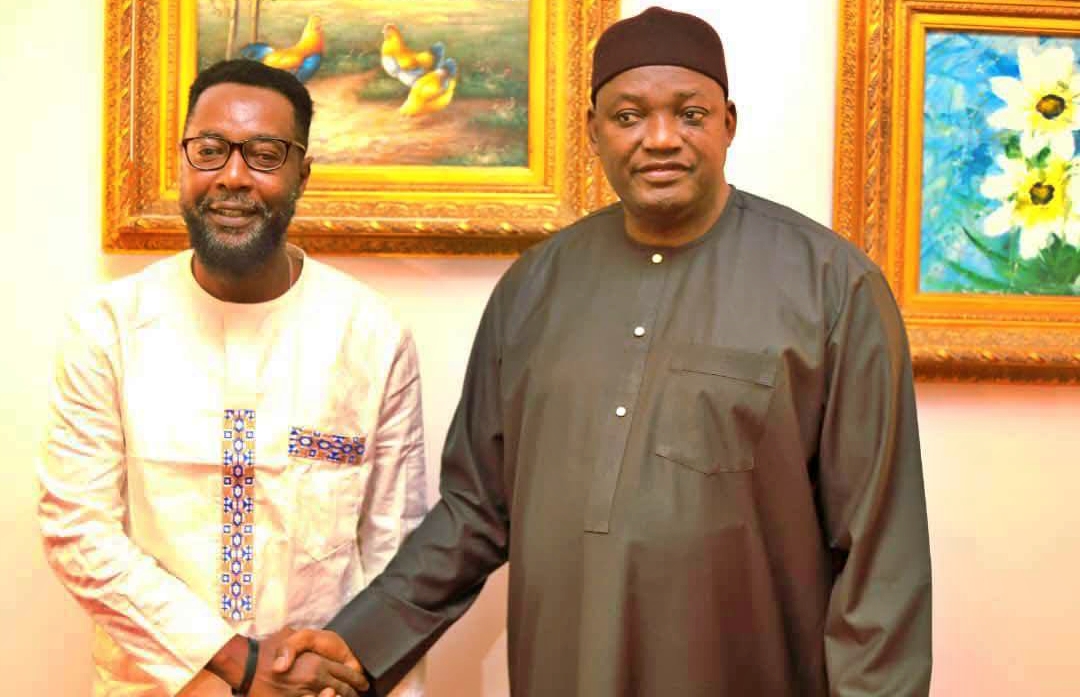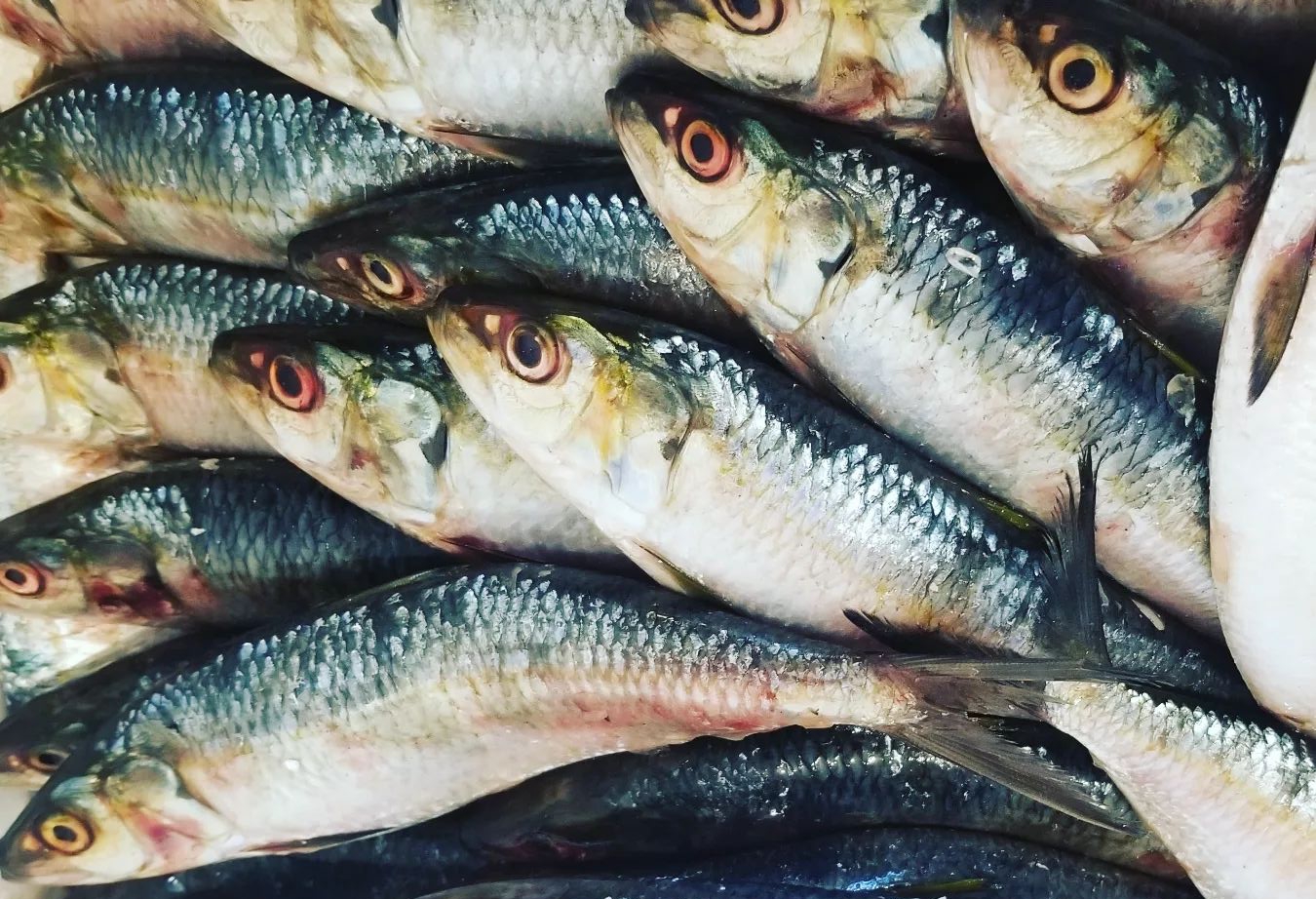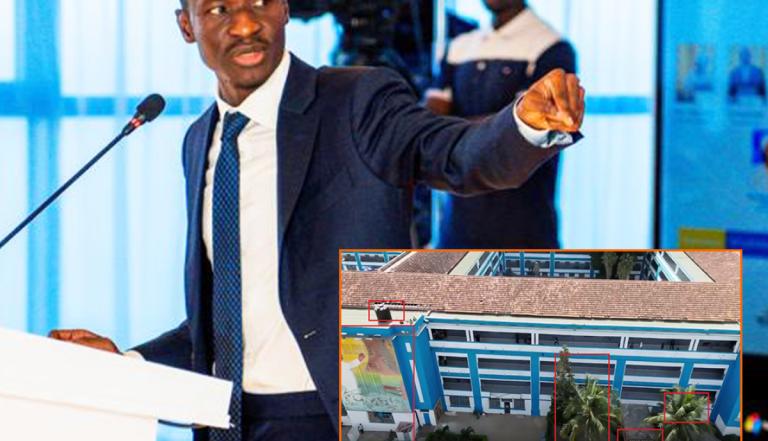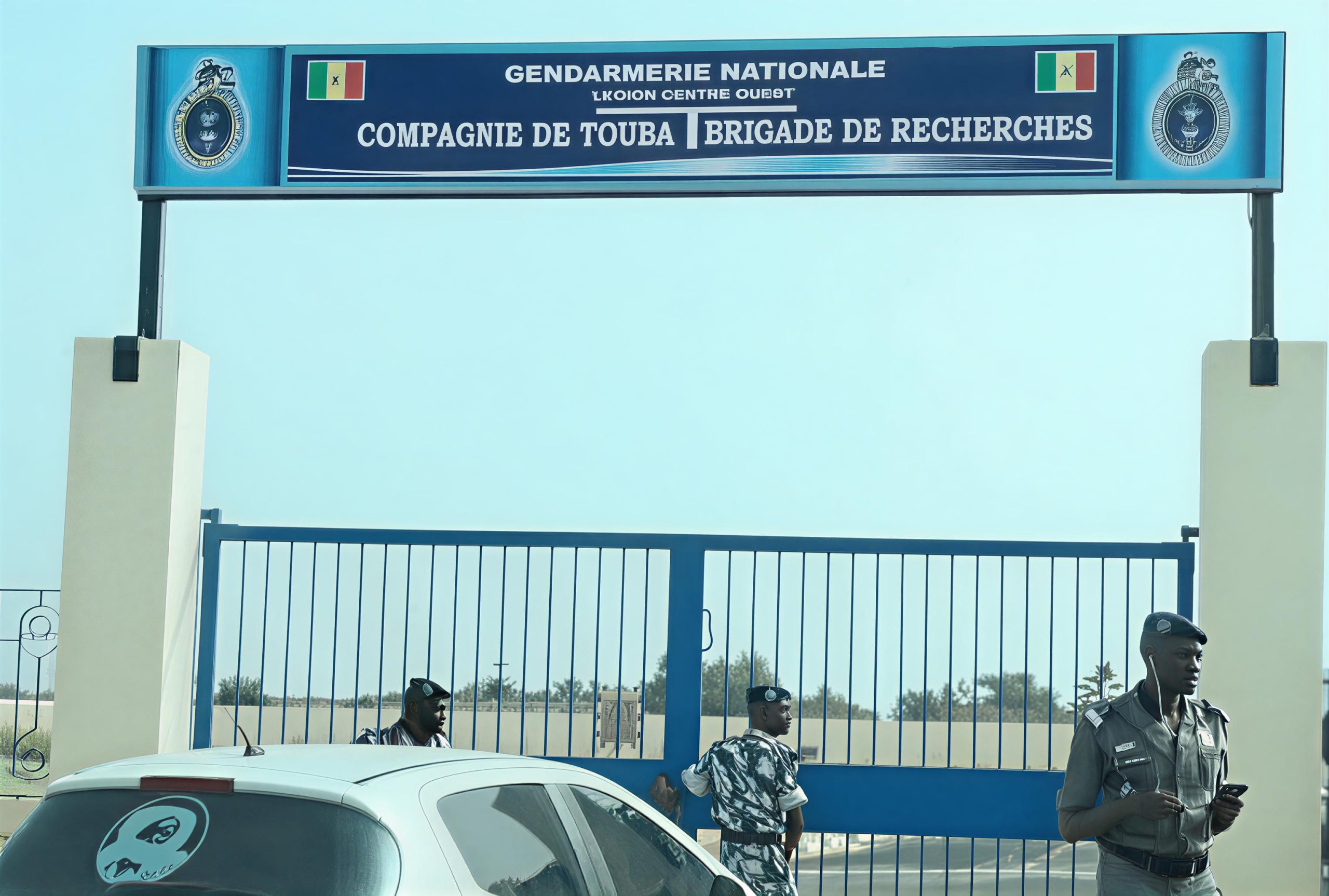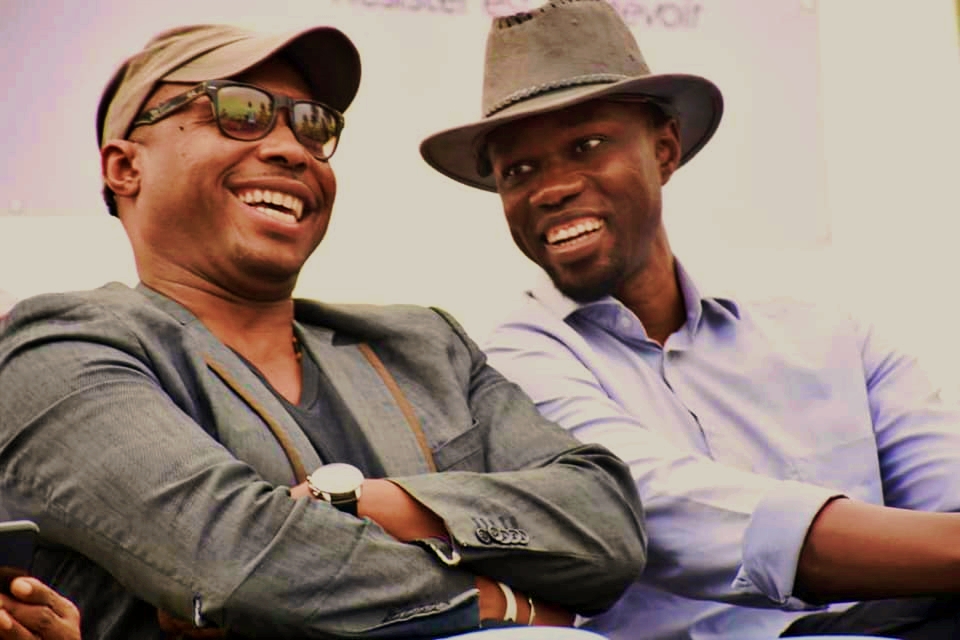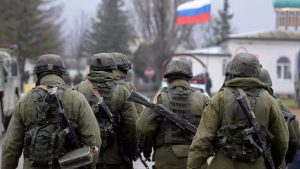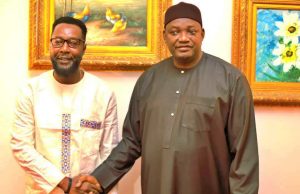Gambiaj.com – (DAKAR, Senegal) – In a highly anticipated ruling, Senegal’s Constitutional Council has rejected appeals seeking to disqualify prominent political leaders Ousmane Sonko and Barthélémy Dias from the November 17 legislative elections. The decision marks a victory for both figures, who represent key political groups: Sonko for the PASTEF coalition and Dias for the Samm Sama Kaddu coalition.
The appeals, lodged by allies of former President Macky Sall under the Takku Wallu Senegal coalition, argued that Sonko’s recent conviction should disqualify him from running. Sonko, a fervent government critic, was given a six-month suspended sentence for defamation against former Minister of Tourism Mame Mbaye Niang, following accusations of financial misconduct. The Takku Wallu Senegal coalition claimed that his conviction should bar him from candidacy, as it falls outside the protections of Senegal’s amnesty law, which only applies to political offenses associated with “conflicting political events.”
However, the seven-member Constitutional Council found the argument unpersuasive, ruling that the defamation charge against Sonko did not fulfill the requirements for disqualification under electoral law. The Council’s ruling has effectively cleared Sonko and all PASTEF candidates, striking the appeal down on grounds of insufficient merit.
In a separate case, the Constitutional Council also dismissed a filing against Barthélémy Dias, the head of the Samm Sama Kaddu coalition’s candidate list. This legal challenge was deemed inadmissible due to a filing error: the appeal was lodged after the 24-hour deadline stipulated by Senegalese electoral regulations. According to records, the publication of candidate lists occurred on October 7 at noon, leaving challengers until the next day to submit any objections. However, the opposing coalition filed their appeal on October 8 at 5:30 p.m., surpassing the deadline by approximately five hours. Consequently, the Council declared the submission inadmissible due to foreclosure.
With the Council’s rulings, both Sonko and Dias remain eligible candidates in the November legislative elections. This electoral battle is seen as a significant moment for Senegal, with political tensions running high as the opposition seeks to expand its presence in the National Assembly. Sonko, a vocal advocate for political and economic reform, and Dias, a prominent figure in Dakar politics, are both expected to rally strong support.
As the November elections draw closer, Senegal’s political landscape appears increasingly polarized. The Council’s decision has intensified public debate, with supporters of Sonko and Dias celebrating their victory while government allies continue to question the integrity of the opposition candidates.




